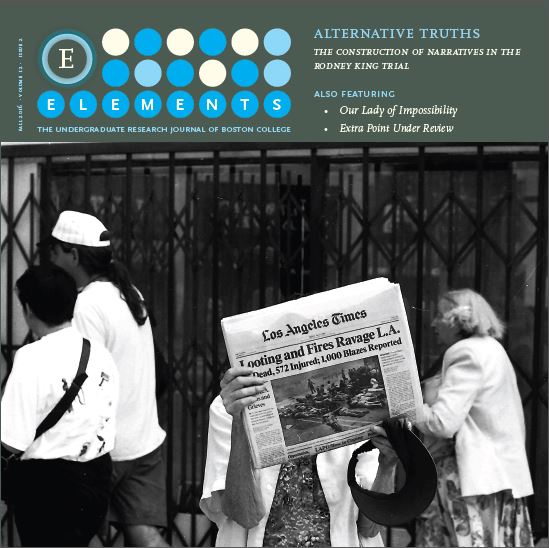Alternative Truths: The Construction Of Narratives In The Rodney King Trial
DOI:
https://doi.org/10.6017/eurj.v12i2.9453Keywords:
Rodney King Trial, Rodney King, Race, Law, Police Brutality, LA Riots, Jury, Court, TrialAbstract
This paper explores the exploitation of narrative, character, and ideology to reconstitute the video evidence in the trial of Rodney King, in which four LAPD officers were indicted for violently beating the defendant. Throughout the trial, the prosecution chose to let the video evidence of the beating speak for itself to allow the jury to judge the police officers as liars rather than combat the narrative of the defense. Conversely, the defense reconstructed and reconstituted the form and content of the video, illustrating an ‘alternative truth’ through the use of metaphors, rhetorically identifiable characters, and professional discourse. In the end, the narrative of the defense—which depended on the stereotypical depictions of the dangerous, animalistic black man (Rodney King) and the righteous heroes (the white policemen)—resonated with the racist ideology of the Simi Valley jurors, and, more broadly, with white America.Downloads
Published
2016-11-13
How to Cite
Kim, S. (2016). Alternative Truths: The Construction Of Narratives In The Rodney King Trial. Elements, 12(2). https://doi.org/10.6017/eurj.v12i2.9453
Issue
Section
Articles
License
Copyright (c) 2016 Soyeon Kim

This work is licensed under a Creative Commons Attribution 4.0 International License.

